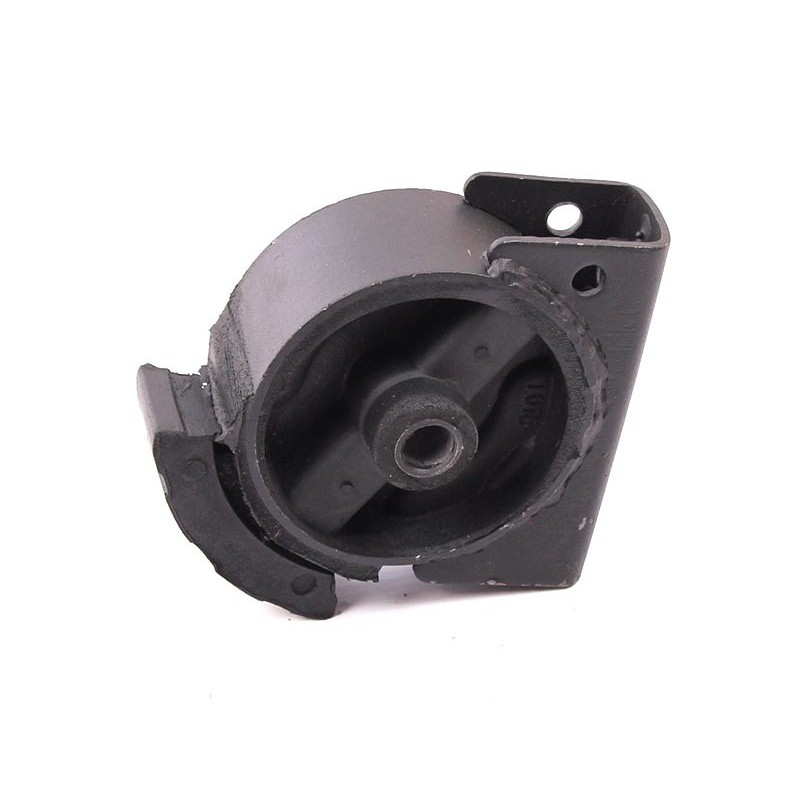Premier Toyota Tazz Engine for Sale: Find Yours Today!
Premier Toyota Tazz Engine for Sale: Find Yours Today!
Blog Article
Engine Purchasing Specialist Tips on Choosing the Right Engine for Your Specific Needs
Picking the right engine for your details requirements involves a complex interaction of factors that go beyond plain horsepower figures. By diving into the details of power versus efficiency, assessing gas scores, and budgeting for long-term expenses, one can absolutely optimize their engine selection.
Power Vs. Performance: Discovering the Balance

When selecting an engine, it is critical to strike an equilibrium in between power and effectiveness to fulfill your details demands effectively. Power describes the engine's capability to produce energy for propulsion, determining elements like velocity, lugging capacity, and overall performance (Toyota Tazz Engine For Sale). On the other hand, effectiveness relates to how well the engine uses fuel to create power, impacting variables such as fuel economic situation and ecological kindness
Achieving the appropriate equilibrium between power and effectiveness is necessary because an engine that is also powerful may eat too much fuel, resulting in higher operating expense and unnecessary strain on the setting. Alternatively, an engine that focuses on performance over power may cause slow performance, especially sought after situations like pulling hefty loads or driving uphill.
To make an informed decision, think about aspects such as your normal driving problems, the designated use the lorry, and your personal preferences. By assessing your concerns and demands, you can select an engine that strikes the best balance between power and efficiency, guaranteeing optimum efficiency while decreasing ecological influence and operating expense.
Comprehending Engine Dimension and Kind

Typical engine kinds include inline engines, V engines, and rotating engines, each with its unique benefits and disadvantages. Comprehending the interaction in between engine size and kind is essential in picking an engine that straightens with your certain demands and priorities, whether it be power, performance, or an equilibrium of both.
Consider Your Car's Needs
If you are looking for an engine for a durable vehicle that will be made use of for towing, you will need an effective engine with high torque capacities. On the other hand, if you are selecting an engine for a portable cars and truck mostly utilized for city commuting, gas performance might be a much more important factor to consider.

Assessing Gas Efficiency Rankings
Analyzing fuel performance ratings is a critical element of choosing the best engine for your car, ensuring price savings and ecological sustainability. Gas performance ratings, normally gauged in miles per gallon (MPG) for gas engines or kilowatt-hours per 100 miles (kWh/100 miles) for electrical engines, indicate how far a car can take a trip on a particular amount of fuel or electrical energy. Higher MPG or lower kWh/100 miles worths indicate much more reliable engines, converting to reduced gas expenses and lower carbon emissions.
In addition, compare various engine choices within the same automobile course to determine the most economical choice. Aspects such as engine dimension, weight, aerodynamics, and crossbreed or electrical abilities can all affect fuel performance.
Budgeting for Long-Term Costs
Tactically preparing for long-term expenses is necessary when choosing an engine, making sure economic sustainability over the vehicle's life-span. While the initial purchase rate of an engine is a substantial element, it is vital to think about the long-term expenses connected with upkeep, fixings, and fuel intake. Selecting an extra fuel-efficient engine may have a greater ahead of time expense but can lead to considerable financial savings over time. Routine upkeep, such as oil adjustments, click here for more filter replacements, and tune-ups, is important to maintain the engine running efficiently and efficiently, decreasing the risk of costly repairs down the line.
Additionally, investigating the accessibility and cost of substitute parts for the picked engine is crucial in spending plan preparation. By meticulously budgeting for these long-lasting expenditures and factoring them into the decision-making process, people can pick an engine that not just meets their immediate requirements but additionally continues to click here to read be cost-efficient throughout its life-span.
Conclusion
To conclude, choosing the best engine for your particular requirements requires stabilizing power and performance, recognizing engine dimension and type, considering your vehicle's demands, examining gas effectiveness ratings, and budgeting for lasting prices. By thoroughly considering these variables, you can make certain that you pick an engine that meets your demands and offers ideal performance for your automobile.
To better refine the option process of an engine that strikes the optimal equilibrium between power and performance, it is vital to dive right into the details of recognizing engine size and kind. Engine dimension refers to the total quantity of air and gas that can be pushed through the engine cylinders. Common engine types consist of inline engines, V engines, and rotary engines, each with its one-of-a-kind benefits and disadvantages. Comprehending the interaction between engine dimension and type is important in choosing an engine that aligns with your particular demands and priorities, whether it be power, efficiency, or an equilibrium of both.
Gas performance scores, normally gauged in miles per gallon (MPG) for gas engines or kilowatt-hours per 100 miles (kWh/100 miles) for electric engines, show exactly how much a lorry can take a trip on a specific quantity of fuel or electrical energy.
Report this page